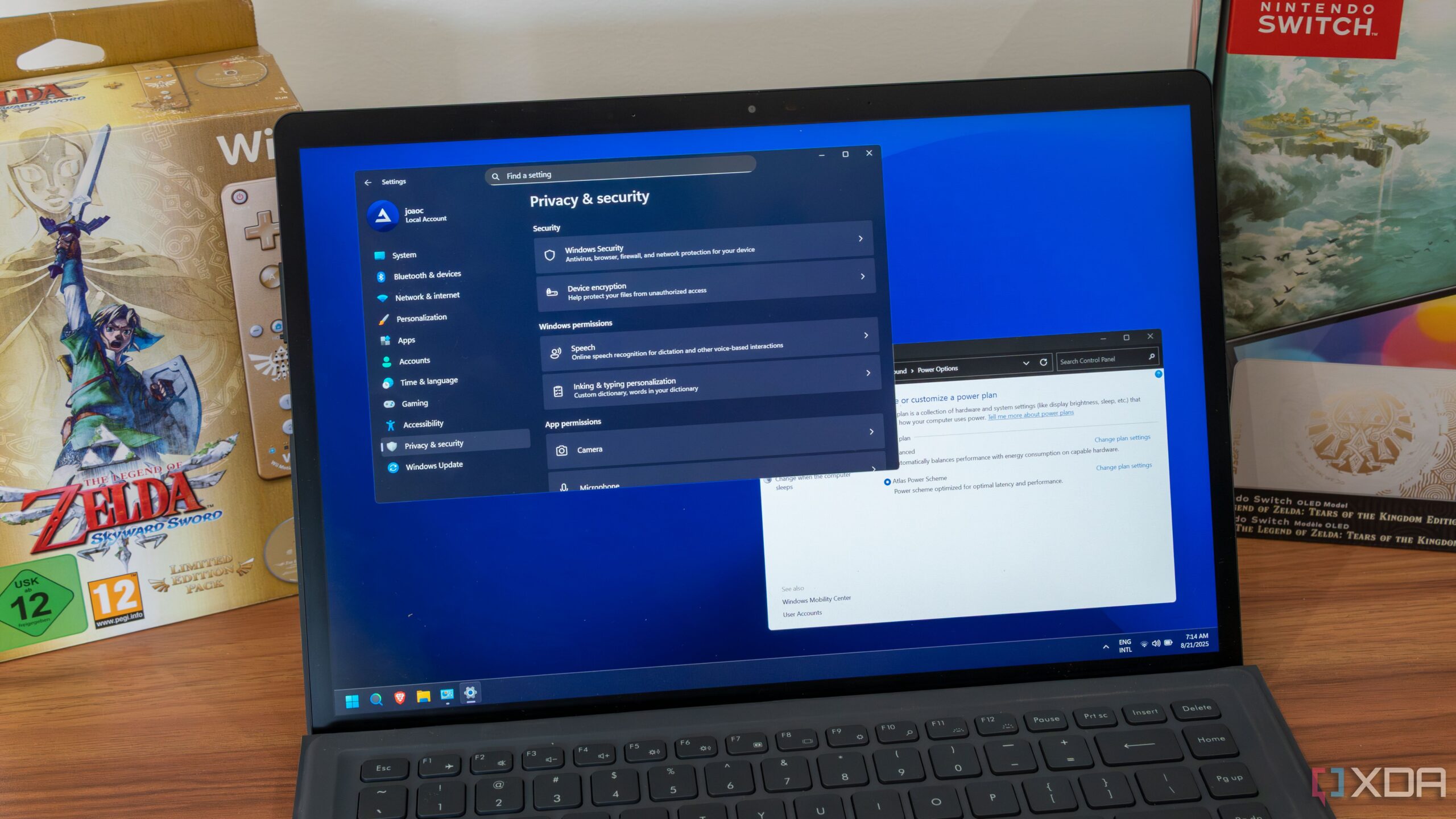UPDATE: A revolutionary modification toolkit, AtlasOS, is reshaping the Windows 11 experience by enhancing user privacy and performance. This innovative approach comes amid ongoing criticism of Windows 11’s intrusive features, including telemetry and forced applications like Microsoft Edge.
Just announced, AtlasOS allows users to bypass the usual setup constraints of Windows, offering a “kinder” and more user-friendly interface. The toolkit requires a clean installation of Windows 11 and two key components: the AME Wizard and the Atlas Playbook. Users can now set up their PCs without a Microsoft account, promising a more streamlined experience.
This method stands out for its efficiency and user guidance. Once the installation is complete, users boot into a significantly altered desktop environment. The taskbar aligns to the left, new wallpaper is provided, and animations are disabled, resulting in a faster, more responsive interface.
Crucially, AtlasOS removes many of Windows 11’s distracting features. Bing search is eliminated from the search bar, enhancing speed. It also replaces Microsoft Edge with options like Brave, Firefox, and Google Chrome, providing a quieter browsing experience.
Further, AtlasOS disables various telemetry and privacy-invasive features. Many privacy settings are entirely removed from view, ensuring users are not bothered by intrusive advertisements or unwanted data collection.
Initial tests reveal that while performance gains are modest—showing slightly lower CPU and memory usage compared to standard Windows—the overall user experience is considerably smoother. According to recent benchmarks conducted on a Minisforum V3 tablet, results varied but generally stayed within the margin of error compared to Windows 11.
Why does this matter NOW? As users grow increasingly frustrated with Windows 11’s resource-heavy features, AtlasOS presents a viable alternative. It represents a user-driven solution to address privacy concerns without needing a modified ISO, enabling a cleaner and more efficient computing experience.
As of November 2023, AtlasOS is gaining traction among tech enthusiasts who seek a less cluttered Windows experience. Users are encouraged to consider implementing AtlasOS as soon as they acquire a new Windows PC to avoid the hassle of backing up data later.
This development is not just about performance; it’s about reclaiming control over the user experience. As the tech community continues to react, it remains to be seen how Microsoft will respond to this growing demand for a more user-centric operating system.
Stay tuned for more updates on how AtlasOS is changing the landscape of Windows 11 and what it means for users worldwide.








































































